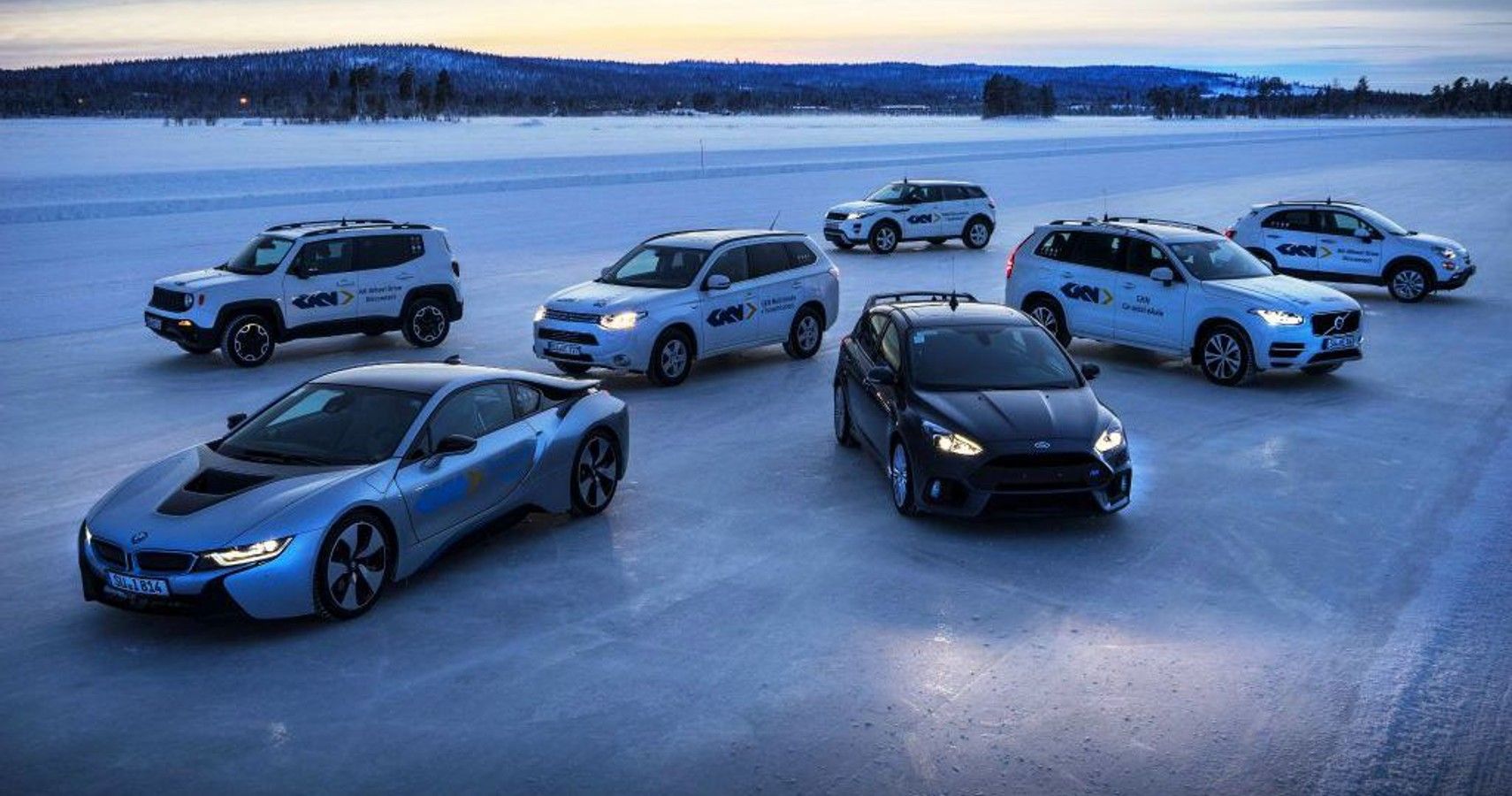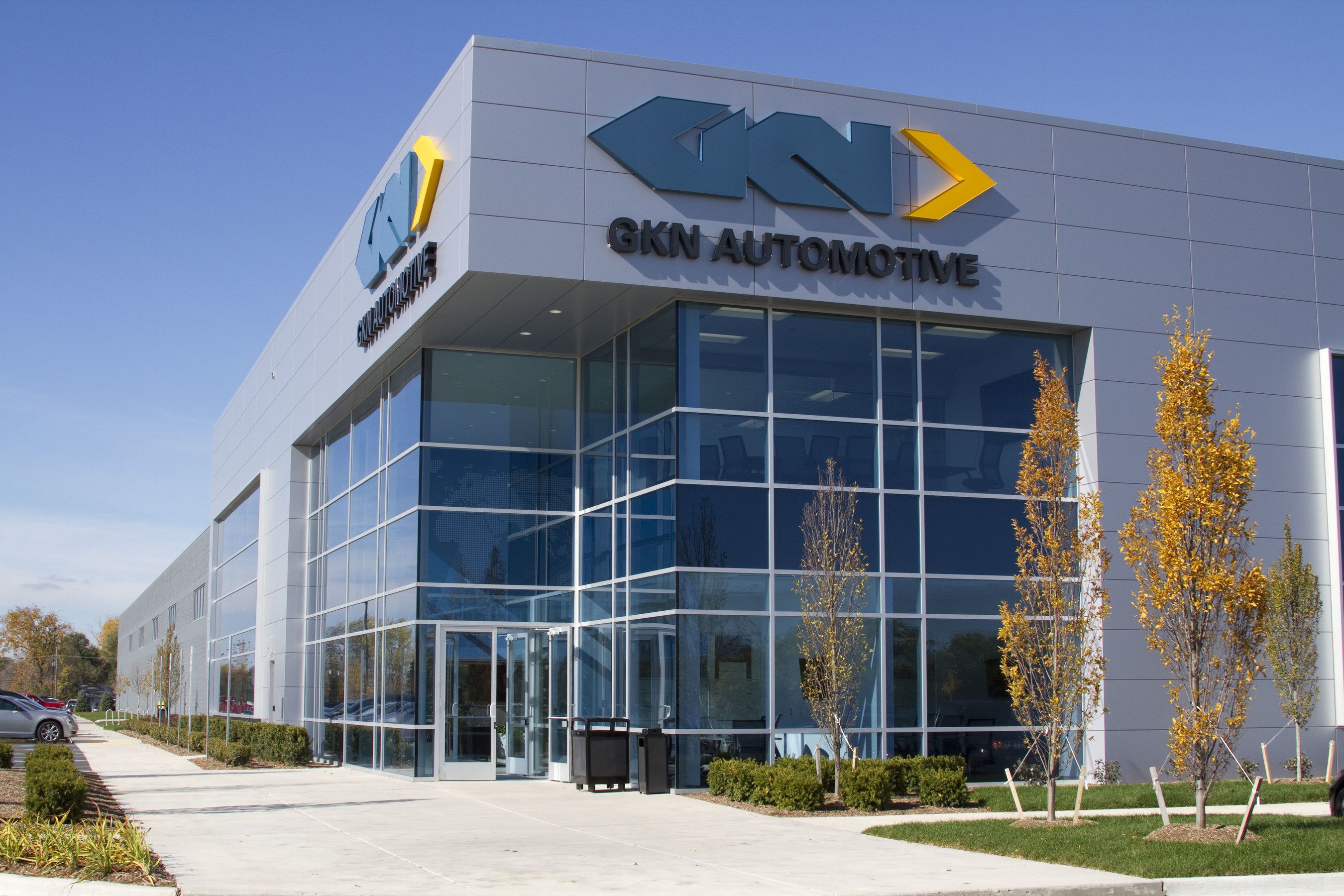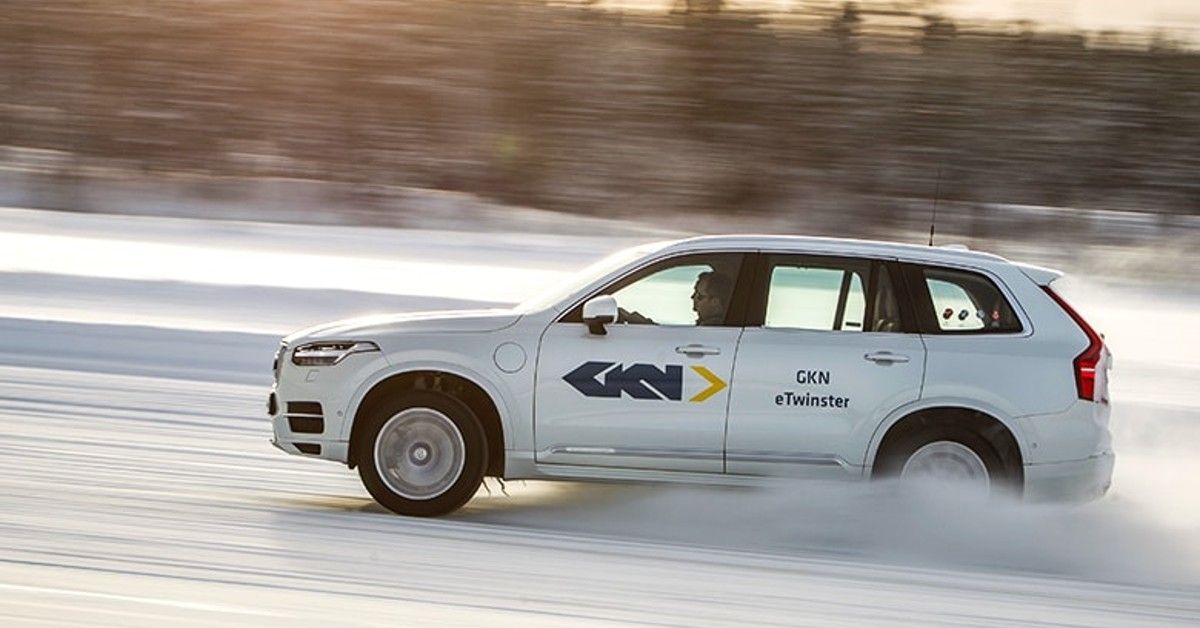For many, the BMW i-models and plug-in hybrid cars and SUVs such as the 330e, 530e, and X5 xDrive45e are the first, and perhaps only, introduction to the nitty-gritty world of the eDrive automotive technology. You may have wondered what the ‘eDrive’ logo meant on BMWs. The basic concept of the term is an electronic powertrain. It refers to the components and systems that convert electricity into power in the drive system of an electric car, making it possible for the vehicle to run on alternative energy sources such as fuel cells, batteries, or other power sources.
It’s a relatively new drivetrain technology comprising an electric motor, high-voltage lithium-ion battery, and an intelligent energy management system. According to Grand View Research, the global electric powertrain market size got valued at $86.71 billion in 2021 and should expand at a compound annual growth rate (CAGR) of 36.7% from 2022 to 2030.
Analysts believe stringent emissions laws globally will keep driving the market. The rise of hybrids and EVs have fundamentally changed the automotive landscape, creating a high demand for manufacturers – like GKN Automotive – making high-precision, high-performance gears and shafts with lower NVH (noise, vibration, and harshness) signatures for both standard powertrains and e-powertrains. GKN Automotive’s eDrive technology is now powering over two million vehicles on the road.
What Is GKN Automotive?
GKN Automotive is a British multinational corporation that manufactures drivetrain components as well as AWD and eDrive systems for the automotive industry. You may be hearing about them for the first time today, but the parent company GKN has been around for nearly three centuries and is currently 27,000 staff members strong, spanning 51 manufacturing facilities and six technology centers across 20 countries.
Melrose acquired the parent company four years ago and named the automotive division GKN Automotive, itself comprising Driveline (drivetrain) and ePowertrain divisions. The divisions undertake R&D and product manufacturing, including CVJ (constant velocity joint) systems, all-wheel-drive systems, trans-axle solutions, and eAxle drive module technology.
The company has been producing CVJs since the 1960s for early FWD cars like the original Mini, and is currently the world’s largest manufacturer of CVJs. The company’s founding dates back to the birth of the Industrial Revolution in 1759 and is headquartered in Redditch, England. GKN got coined from the initials of three early figures in the corporation’s history, namely John Guest, Arthur Keen, and Joseph Henry Nettlefold.
They started with steel production, changing shape and direction severally before solidifying in the engineering industry and branching into the automotive market after the First World War. Their other products include prop shafts, modular eDrive systems, four-wheel drive systems, multi-mode hybrid transmissions for plug-in hybrid electric vehicles, side shafts, and torque vectoring systems for electric drivelines.
In January 2020, GKN Automotive merged its inverter development with Taiwanese company Delta Electronics to develop the next generation of drive systems with a range of 80 to 155 kW. It piloted the modular G400 eDrive System that same winter in a variety of vehicle platform test beds – including the Fiat Ducato and the Tesla Model 3 RWD BEV technology demonstrator.
This October, GKN Automotive announced it is co-developing the 1,180-hp, fully electric powertrain for the Ariel Hipercar, making it the UK’s most powerful production powertrain. The Ariel Hipercar is an EV supercar with a 290-hp Equipmake APM electric motor at each wheel and a turbine range extender.
GKN Automotive Co-Develops The UK’s Most Powerful Production Powertrain For The Ariel Hipercar
GKN Automotive said it has just conducted testing of the Ariel Hipercar’s eDrive unit at the company’s Abingdon Innovation Centre “on a bespoke test rig capable of fully replicating extreme on-car demands and dynamics, including simulated laps of a racetrack.” The test rig is a world-class facility developed with support and funding from the Advanced Propulsion Centre, a UK-based nonprofit organization “dedicated to supporting different stages of the UK’s automotive industry transition to net-zero technology.”
The ePowertrain supplier explained that the Hipercar’s extreme performance threshold “required fresh thinking” and compelled it to develop a test facility “capable of comfortably retaining control over the drive motors under road and racing simulation.”
The cutting-edge test facility is an important milestone, allowing GKN and its engineers to “accurately and thoroughly test advanced powertrains with extreme power outputs … and meet the most exact standards and ensure maximum efficiency.” The Ariel Hipercar, for example, has a 295 bhp e-motor at each wheel, providing a combined 1,180 brake-horsepower, with the 4WD setup propelling it to 62 mph in under 2 seconds, and 120 mph in an estimated 4.4 seconds.
How GKN Automotive Hit Two Million eDrive Milestone
The industry-leading GKN Automotive announced this August that the company’s eDrive technology is currently powering over two million electric vehicles around the world, marking a significant milestone for the company and its critical role in the global push to decarbonize the automotive industry and promote a greener, more sustainable world.
According to the company’s CEO Liam Butterworth, “Reaching the two million mark is a significant achievement for the business and is a testament to the efficiency, high performance, and quality of the product as well as our talented engineers across the world. Electrification isn't new to us. We have spent the past 20 years producing eDrive technologies for our customers, as we continue to lead the industry in innovative next-generation drive systems.”
“Powering electrified vehicles forms a crucial part of our mission to make the automotive industry more sustainable, and this milestone is an indication of our strong progress to date,” continued Butterworth. “We look forward to powering many more vehicles on the road as demand for a more sustainable mode of transport continues to accelerate.”
The landmark announcement comes amidst fast-changing trends in the automotive industry, where the rise of hybrids and EVs has fundamentally changed driver and car owner perception when it comes to transportation. This, in turn, drove up demand for electric vehicles and expanded the market for ePowertrain suppliers like GKN Automotive, seeing the company increase the range and volume of its products to its existing customers, as well as target newer players in the industry.
Speaking to Forbes, GKN Automotive president of ePowertrain Dr. Dirk Kesselgruber said, “We've seen the disruptive growth of electrified cars even in markets where we would not have expected it that much. We thought China would be the dominating transformation market, now we see Europe is accelerating, and now, let me say, with a few very attractive offerings in the U.S. consumers are being attracted to electrification. We see the market being disrupted.”
GKN’s modular eDrive system provides optimal efficiency and performance. The company’s ePowertrain solutions are the only one in the world that includes torque vectoring, hybrid transmissions, and modular eDrive systems. Notably, stringent emission regulations globally mean even ICE isn't spared of the high standards required for greater efficiency, lower maintenance, a quieter engine, improved fuel economy, and a smoother ride.



.jpg)
